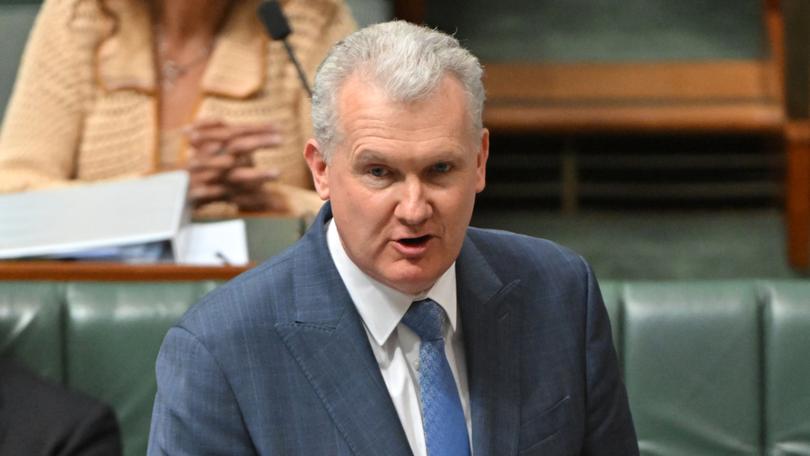EDITORIAL: We warned you, Labor, an industrial relations shock is coming to the economy. Now it’s here

They can’t say they weren’t warned.
When early in its term the Labor Government began work on implementing complex and wide-ranging reform to upend industrial relations in Australia, many of the details of which were kept under wraps until after the 2022 election, business was blunt.
Adding layer upon layer of complexity into an already convoluted system would be a handbrake to the economy, they said.
Sign up to The Nightly's newsletters.
Get the first look at the digital newspaper, curated daily stories and breaking headlines delivered to your inbox.
By continuing you agree to our Terms and Privacy Policy.Still, the Government pushed ahead.
Much of the public conversation centred around the so-called “right to disconnect” provisions, which legislated that employees could ignore requests from their bosses outside of work hours if that contact was deemed to be “unreasonable” by the Fair Work Commission.
It’s easy to see why that provision dominated the conversation. Industrial relations law is complex stuff, and “the right to disconnect” is easy to understand. And unlike much of the reform, it was something with relevance to just about every Australian worker who has a boss.
But while much of the population was distracted by the debate about just what would make contact “unreasonable” (calls after 7pm? On a Sunday? Being copied into an email while on leave?) far more impactful legislation was passing into the law.
There was the introduction of multi-employer bargaining, allowing workers from disparate businesses to band together to push for more wages and conditions.
Changes to the definition of casual employment, which no one — not the businesses or the workers themselves — asked for or wanted.
And there was the so-called “same job, same pay” provisions.
Workplace Relations Minister Tony Burke argued the laws would simply even the playing field for labour hire workers, and preventing unscrupulous employers undercutting an agreed rate of pay for employees.
But employers argued that the laws would actual erode fairness, by denying workers the right to be treated individually by negotiating for more pay for harder or better work.
Miner BHP was at the vanguard of industry’s ultimately unsuccessful campaign against the legislation. It cautioned that the policy, which it said was “driven by ideology, not economics” would cost it $1.3 billion, or the equivalent of 5000 domestic jobs, a year.
Now those claims will be tested.
The Mining and Energy Union has filed 10 “same job, same pay” applications against labour hire firms at BHP’s Queensland coal mines. If successful, the applications would deliver pay rises of up to $40,000 to 1700 labour hire workers on those mines. That would come at a significant cost to employers, and potentially, the economy.
Growth of just 0.1 per cent in the March quarter is all that is keeping Australia falling off the cliff into a recession.
But instead of pulling all the levers available to it to rev up stagnating productivity, putting downward pressure on prices, the Government is watching on as businesses buckle under strain of cumbersome regulatory and cost burdens.
